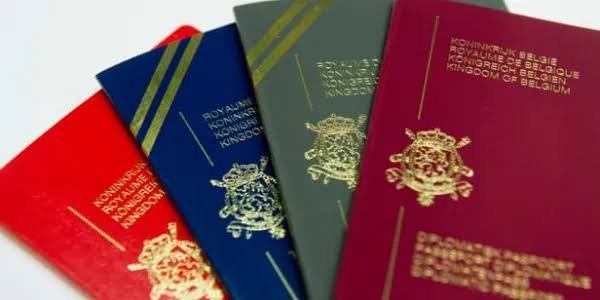Spanish authorities have begun seizing Gambian machine-readable passports (MRPs), citing concerns about their authenticity.
The move has raised alarm among Gambian migrants in Spain, many of whom rely on these documents for identification and legal processes.
The Gambian embassy in Madrid confirmed the development, explaining that Spanish officials are investigating discrepancies between passport details and the physical appearance of some holders. The embassy noted that cases often involve passports acquired through unofficial channels, which complicates verification. To address these concerns, the embassy collaborates with Spanish authorities and issues Certificates of Authentication when necessary.
Similarly, the Gambia Immigration Department acknowledged the challenges, attributing some irregularities to age discrepancies among Gambians abroad. These issues are compounded by reports of individuals misrepresenting their identities to obtain passports.
The embassy revealed that authentication of passports costs €30, while acquiring a new biometric passport through official channels costs €75. In contrast, non-biometric passports, which are easier to obtain, have faced increasing rejection. The Belgian embassy in Dakar has also stopped accepting non-biometric Gambian passports.
To mitigate these issues, the Gambian government is expanding biometric passport services for the diaspora. Biometric passports, introduced in 2014, adhere to international standards and require applicants to apply in person, reducing the likelihood of fraud. Efforts are underway to deploy immigration officials to Spain for smoother facilitation, with the cost of these passports recently reduced to €120.
The influx of migrants to Spain, which saw over 40,000 arrivals to the Canary Islands this year, has further strained embassy resources. The Gambian embassy estimates the diaspora population at 20,000, though the actual figure may be higher due to the longstanding migration trend.
Foreign nationals posing as Gambians and irregular migration have also heightened the workload for embassy staff, making document verification increasingly challenging. Despite these obstacles, plans are advancing to streamline the issuance of biometric passports to improve identification and compliance with international standards.



